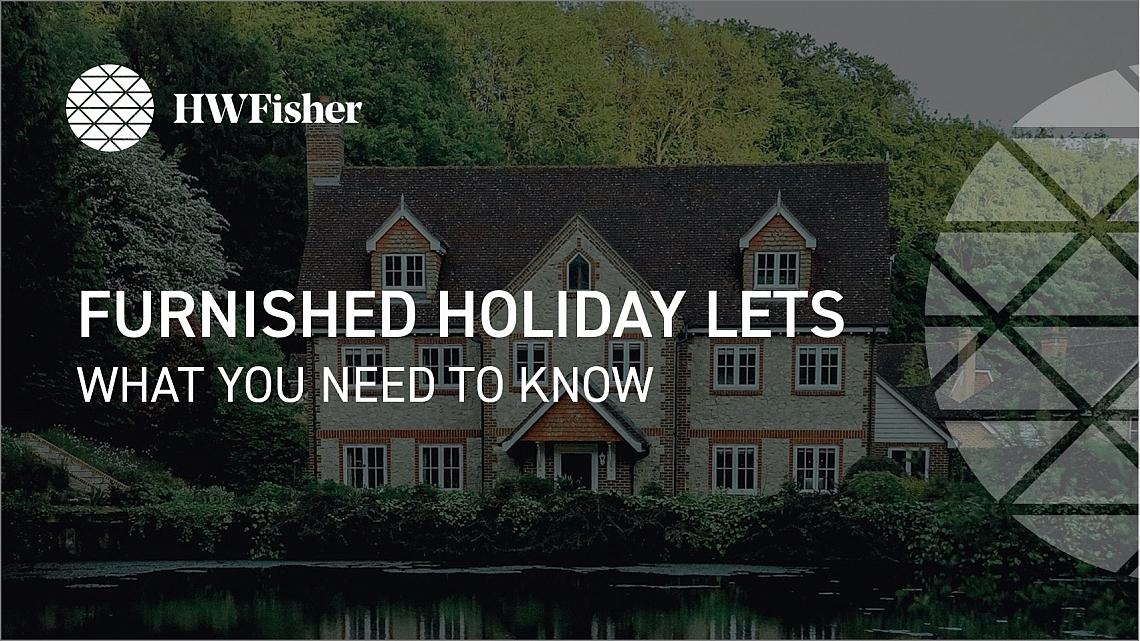
If you own and run a Furnished Holiday Let (“FHL”) now would be a good time to take stock of the key points and whether any of the below elections may assist you with the issues caused by Covid-19.
As with many tax regulations, it’s easy to be blinded by the detail and it is often hard to identify what is important. HW Fisher’s Tax Team share five key points that FHL owners should be aware of:
1 What is a FHL?
To be considered as a FHL the property must be commercially let, i.e. seeking to make a profit, it must be furnished and situated within the UK or EEA.
Further FHL Conditions:
Do note that longer term occupation (i.e. more than 31 days) where the property is in the same occupation, will be ignored.
2 Impact of Covid-19 and the Availability of Elections
It is likely that FHL owners may not have been able to meet the conditions set out above due to Covid-19. There are two main elections that can assist to ensure your property continues to be considered a FHL.
For example if you have 2 FHLs and one has been let for 96 days in a 12 month period and the other has been let for 120 days, you can elect to average the rate of occupancy to be 108 days. This way both properties would meet the letting conditions, rather than just one.
If your property fails to meet the lettings conditions after 2 consecutive period of grace elections, it will no longer qualify as a FHL.
Do note that there are time limits to make the above elections; therefore, we suggest contacting your advisor within good time to meet any applicable deadline.
3 What are the tax advantages for FHLs?
4 Losses made in a FHL
5 When does a property stop being a FHL?
For more information or to discuss specific circumstances, please get in touch
We’d love to hear from you. To book an appointment or to find out more about our services: